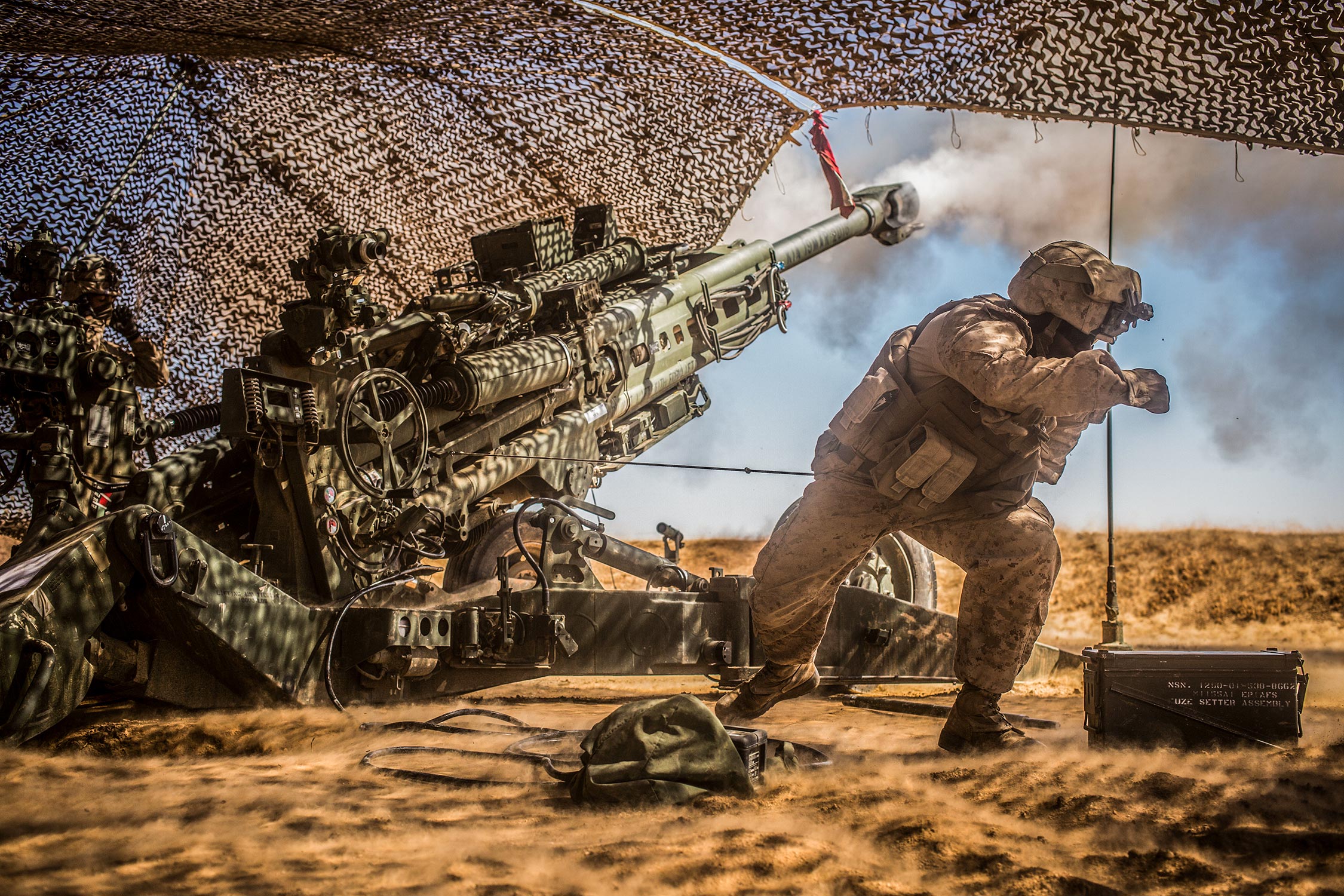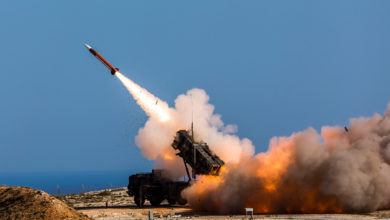US Researches Weapon Blast Effects on Soldier Brain Health
The US Department of Defense is exploring the impact of blast overpressure (BOP) from weapons to understand their cognitive effect on soldiers.
Individuals affected by BOP commonly experience headaches, slow reaction time, and slow cognitive processing. BOP can be an effect of explosive detonations and shockwaves in addition to weapon system fires.
For the project, experts identified the top 3 to 5 overpressure weapon systems generating BOP in each US military service.
Data from the study was used to establish “Tier 1” weapons used in the field. The systems were categorized under shoulder-mounted weapons, .50-caliber small arms, howitzers, mortars, and demolition explosives.

Alongside documenting BOP brain effects, the US reviews safety precautions for BOP to determine their effectiveness or update their corresponding methods.
“We’re striving to get involved in the very early stages of weapon system development to establish these criteria,” Defense Centers for Public Health – Aberdeen Health Hazard Assessment Chief Dr. Timothy Kluchinsky stated.
“We’re establishing an equation for weapon developers, testers, and assessors to facilitate identification of the effects of a weapon on a warfighter’s brain health.”
“The ultimate goal is coming up with ways to reduce the exposure to a crew or service member, while still allowing the weapon design to meet the other key performance parameters.”
Information gathered through the study is being leveraged for the Joint Service Member Occupational Health Assessments, which aids commanders and associated risk managers in overseeing potential occupational hazards from weapon systems during training and combat.
Supporting Warfighter Brain Health Initiative
The effort is part of the US Department of Defense’s ongoing Warfighter Brain Health Initiative (WBHI).
Launched in June, the program explores operational and medical capabilities to enhance brain health and alleviate traumatic brain injuries in service members.
One focus of the program is to track soldier brain health from induction to retirement.
“We want you in for the long haul, and we want you to have a highly functional and productive life when you leave the military,” WBHI Lead Kathy Lee explained.
“We’re offering a mitigation strategy to try to keep service members safe and then the recognition that if they have these symptoms, go get checked out, go and get a medical person to do some eyes on, to do a quick assessment, and check those things that we talked about.”













